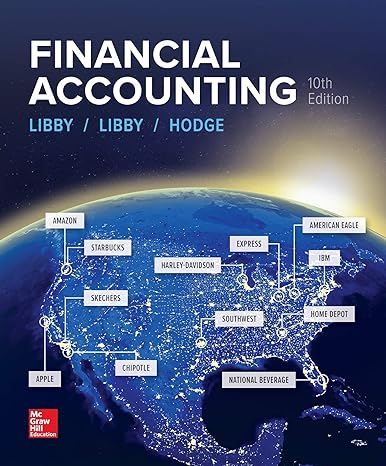Question
A trust owns an asset on which depreciation is claimed. The trust distributes all of its income to its sole income beneficiary. Whose taxable income
A trust owns an asset on which depreciation is claimed. The trust distributes all of its income to its sole income beneficiary. Whose taxable income is reduced by the depreciation?
a. The depreciation is deducted based on the trust provisions that indicate to whom the amount is allocated. If no provision exists, it is the fiduciary's right to decide if it should be allocated to the trust, the beneficiary, or split between the two.
b. Any beneficiary who receives 100% of the income will always be able to receive 100% of the expenses, depreciation included as a distribution. Therefore, the depreciation is deductible to the beneficiary to arrive at taxable income.
c. Under the 2000 Uniform Act, 100% of the depreciation is distributed to the beneficiary receiving the trust's income and is therefore deductible to the beneficiary. State laws must be taken into consideration, and will always override trust law.
d. The 2000 Uniform Act allows (but does not require) a trustee to "transfer to principal a reasonable amount" for depreciation. If the trustee makes this "transfer", accounting income is not reduced by
Step by Step Solution
There are 3 Steps involved in it
Step: 1

Get Instant Access to Expert-Tailored Solutions
See step-by-step solutions with expert insights and AI powered tools for academic success
Step: 2

Step: 3

Ace Your Homework with AI
Get the answers you need in no time with our AI-driven, step-by-step assistance
Get Started


